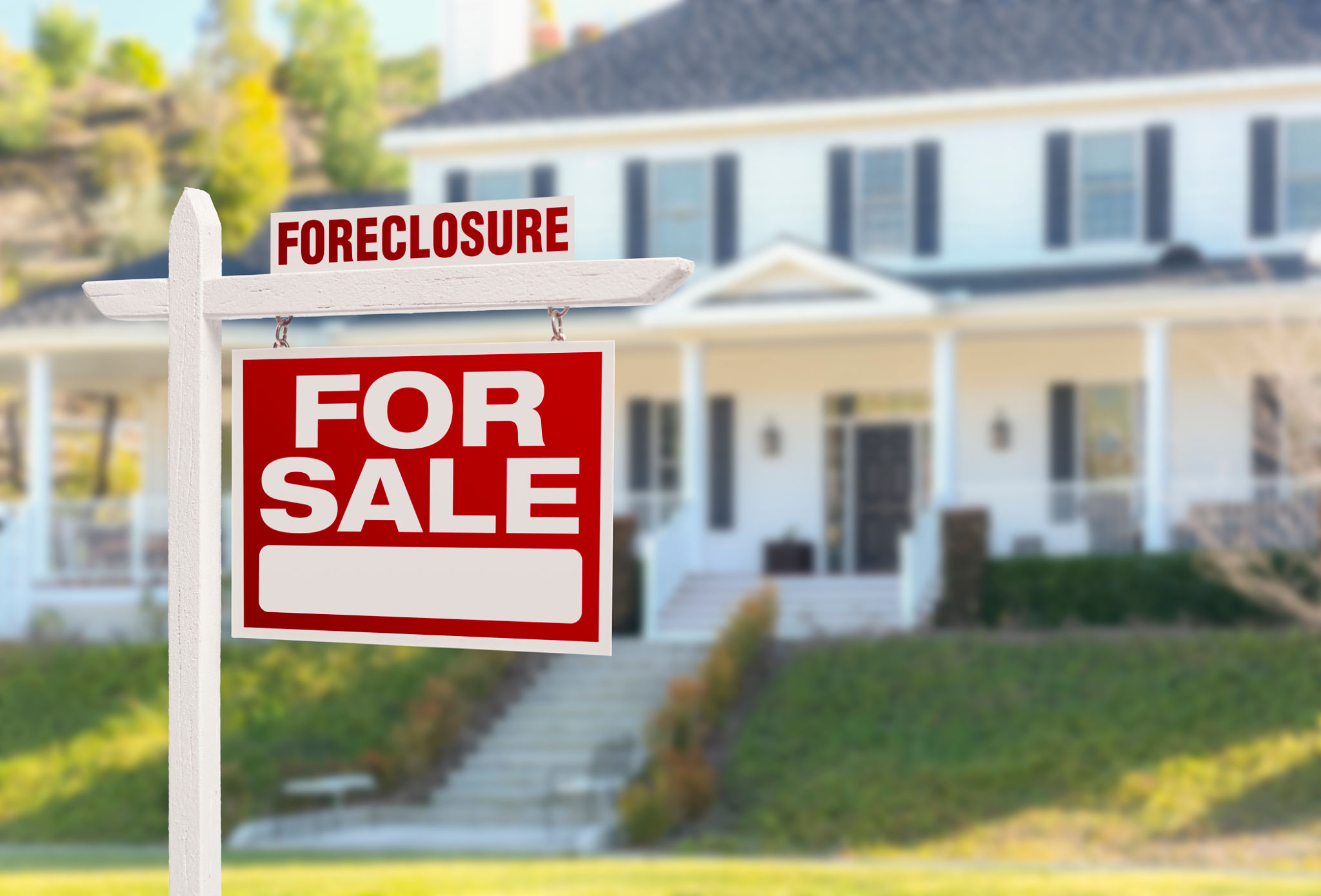The Impact of Iowa’s Real Estate Market on Foreclosure Solutions
Understanding Iowa's Real Estate Market
The real estate market in Iowa has experienced significant changes over the past few years. Known for its expansive farmlands and vibrant communities, Iowa offers a unique blend of urban and rural living that attracts diverse buyers. As with any real estate market, various factors such as economic conditions, population growth, and interest rates influence property values and availability.

In recent years, the state has seen a steady increase in property values, driven by low inventory levels and competitive buyer interest. This appreciation in property prices can be both a boon and a challenge for homeowners and potential buyers alike. Understanding these dynamics is crucial for those navigating foreclosure solutions within the state.
The Connection Between Market Trends and Foreclosure
The relationship between real estate market trends and foreclosure rates is complex. In Iowa, rising property values have provided relief for some homeowners, allowing them to refinance or sell their homes at a profit rather than face foreclosure. However, not all homeowners can capitalize on this trend, particularly those who purchased properties at peak market prices with unfavorable loan terms.
For these homeowners, increased property values have not necessarily translated into financial stability. Factors such as job loss, medical expenses, or other financial hardships can still lead to foreclosures. Therefore, it is essential to explore potential solutions that address these challenges effectively.

Foreclosure Solutions in a Competitive Market
For homeowners facing foreclosure in Iowa, there are several strategies available to mitigate the impact. One option is to pursue a loan modification, which can adjust the terms of a mortgage to make payments more manageable. This solution can be particularly beneficial if the homeowner's financial situation is projected to improve over time.
- Loan Modification: Adjusting mortgage terms for affordability.
- Short Sale: Selling the home for less than the balance owed on the mortgage.
- Deed in Lieu: Voluntarily transferring property ownership back to the lender.
Another viable option is a short sale, where the homeowner sells the property for less than the amount owed on the mortgage. In some cases, lenders may accept this arrangement to avoid the lengthy and costly foreclosure process.

The Role of Community and Government Programs
Community and government programs play a pivotal role in providing foreclosure assistance in Iowa. These programs often offer counseling services, financial assistance, and other resources to help homeowners navigate their financial difficulties. By providing education and support, these initiatives aim to reduce foreclosure rates and stabilize neighborhoods.
The Iowa Finance Authority (IFA) is one such organization that offers programs designed to assist homeowners in distress. They provide access to financial counseling services and support systems that can help individuals explore all available options before deciding on foreclosure.
A Look Ahead: The Future of Iowa's Real Estate Market
As Iowa continues to grow and evolve, its real estate market is expected to remain dynamic. Population growth, economic development, and changes in interest rates will continue to shape the market landscape. For those interested in buying or investing in Iowa real estate, staying informed about market trends and potential risks is essential.
Ultimately, understanding the impact of Iowa's real estate market on foreclosure solutions requires a comprehensive approach that considers both current conditions and future projections. By staying informed and exploring all available options, homeowners can make more informed decisions that align with their financial goals.
